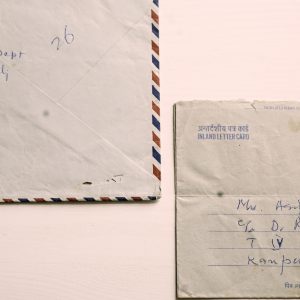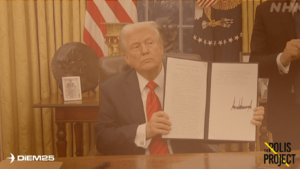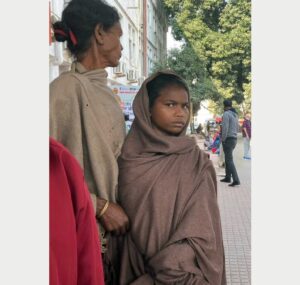
What does it mean to live under the constant fear of being declared a foreigner in your own country? Personal notes on citizenship and belonging

In this personal narrative, Ambarien Alqadar reflects on her experience as an Indian Muslim in light of the establishment of the National Register of Citizens and the Citizenship Amendment Act.
Few months ago, I got a call from my brother in New Delhi, India. He wanted to know if I had documents from our father’s briefcase that proved he was in India before the midnight of 24 March 1971, a day before East Pakistan declared war on West Pakistan. That war concluded with East Pakistan formally changing its name to Bangladesh. It is believed that many people crossed into the bordering Indian state of Assam during this time. In 2013 the Indian State began scrutinizing the citizenship status of the 33 million residents in Assam, which it believed had been illegally infiltrated by Muslims. The goal of the National Register of Citizens (NRC) was to identify Indians and separate them from the migrant Muslims. At the end of August 2019, the final list was published, with 1.9 million people unable to prove their citizenship. And while the exercise drew…
Related Posts


Donald Trump’s Master Economic Plan I Opinion by Yanis Varoufakis




